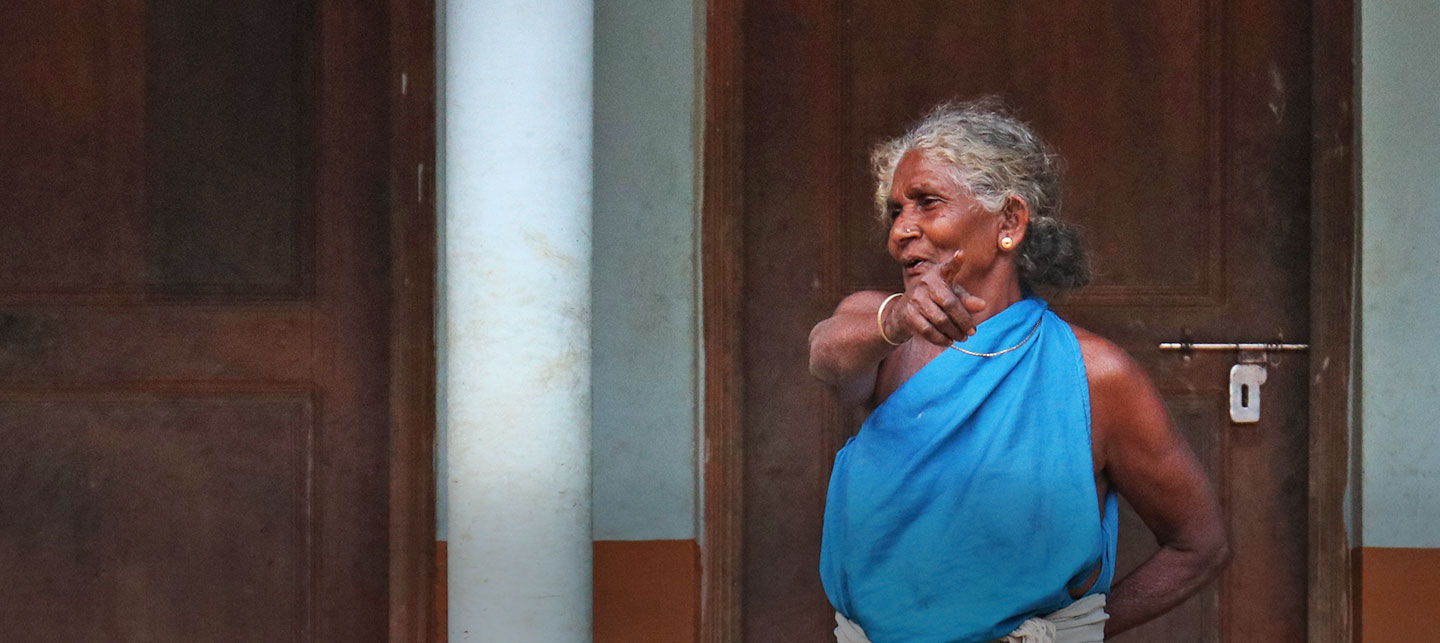Ethnic Diversity and Linguistic Diversity
Timeless stories, diverse languages, enduring traditions – echoes of nature and resilience
Kerala’s indigenous communities, or Adivasis, embody a remarkable diversity of ethnic identities, languages, and cultural traditions. Spread across the forests, hills, and valleys of the Western Ghats and beyond, each community has developed unique ways of life shaped by intimate relationships with their natural surroundings.
With over 35 distinct tribal groups officially recognized in the state, including the Kani, Kurichiya, Muthuvan, Mannan, Paniya, Adiyan, Kattunayakan, and Malavedan communities, Kerala’s Adivasi heritage is richly layered. These communities speak a variety of dialects and languages—many belonging to the Dravidian language family—some of which are endangered or spoken only within small groups. Tribal languages often reflect their environment, cultural practices, and oral traditions, serving not only as a means of communication but also as vessels for ancestral knowledge, folklore, and ecological wisdom.
Ethnically diverse yet spiritually connected to nature, these communities maintain unique customs in agriculture, medicine, worship, and social organization. Despite pressures from modernization and displacement, many continue to uphold their traditional languages, rituals, and worldviews, contributing profoundly to Kerala’s cultural and ecological mosaic.
Today, efforts in cultural preservation, education in mother tongues, and community-based initiatives are helping to protect the ethnic and linguistic richness of Kerala’s indigenous peoples, ensuring that their voices and traditions continue to thrive for generations to come.

